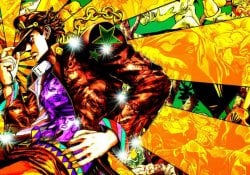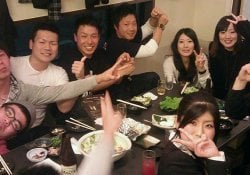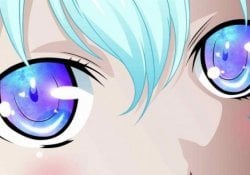We previously wrote an article about Japanese clichés. This time we're going to talk a little about Chinese clichés and how they copy Japanese works.
China is a country famous for its soap operas that explore local and oriental culture. Sometimes they are very similar to western soap opera dramas.
Its format is sometimes called drama – the dramas of Japanese origin -. They have an influence of soap operas mixed with television series.
Chinese dramas have several production locations. Some are produced in Taiwan, Hong Kong and Mainland China – so style, language and editing are affected.
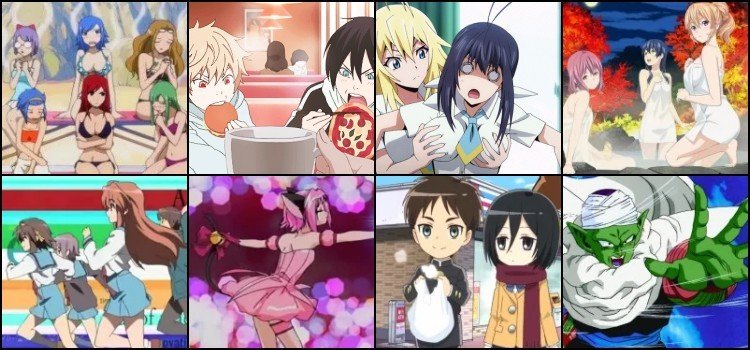
There are also anime of Chinese origin. Although little known, they are – in fact – a surprise for all viewers. Some manage to reach the level of quality of the original Japanese anime. Others leave much to be desired.
There is also another genre of Chinese television production: web novels. Characterized by being available online, they have no design, are entirely written and very famous.
However, in his stories it is possible to see a plot pattern, bringing a certain discomfort sometimes due to the triviality of some characters and scenographic elements. They are present in Chinese novels, web novels and anime.
The main Chinese clichés
One of the first clichés that is most common in web novels is the master who has extremely arrogant and perverted behavior. This type of character is present in almost all novels that depict ancient times in Chinese history.
In some anime, this stereotype is associated with the characters' nosebleeds. Sometimes it even causes agony in the spectator – or reader –, because the sexual connotation is known.
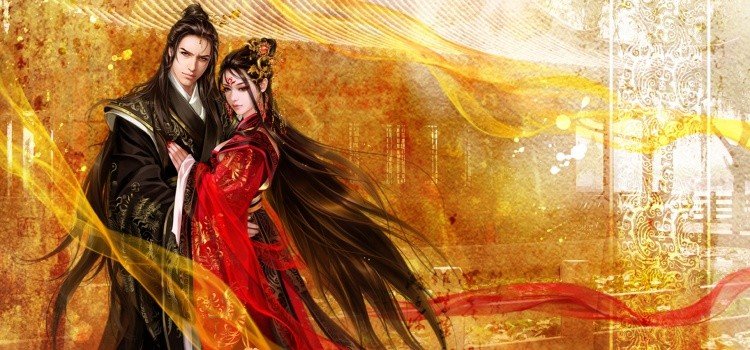
Another famous cliché is the protagonist who does not demonstrate his real power, letting the enemy use and abuse his good will. Making the scenes, or short narratives of fights, very boring and causes hopelessness in the reader.
Some anime, not only of Chinese origin, portray a superstition of Asian origin in general. Superstition says that when you sneeze, it's because someone is talking about you. In some Western cultures, it is said that if your ear is hot it is because someone is talking badly about you!
At certain moments in the plots, the protagonists are always saved by random characters. This is actually not a cliché specific to web novels, Chinese novels and Chinese anime, but of every good plot. However, good writing goes away when the main character always emerges from risky situations unscathed.
Because he fails to show his skills, he fails to show the human side – where he is prone to mistakes. Soon, the main becomes just a puppet in the middle of the story.
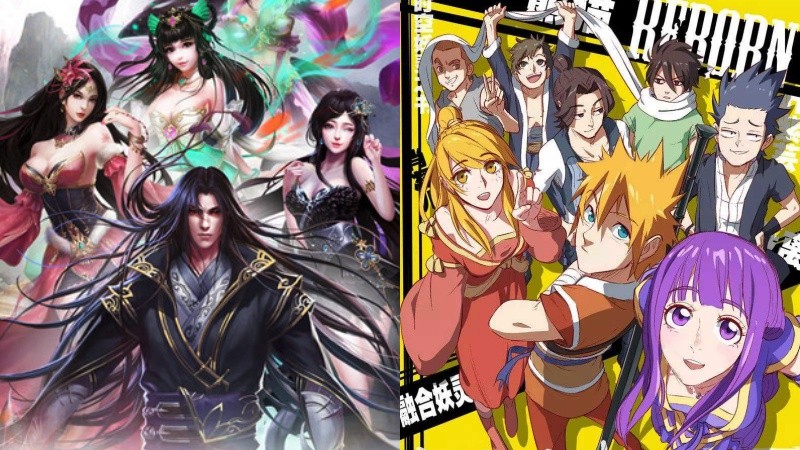
The excess of description in certain passages of the web novels is truly overwhelming for the reader. This happens when some authors refer to the muse, who has “the softest white skin with pearly tone” that has already been seen on the face of China.
One of the cases of clichés reported by viewers and readers of works of Chinese origin is related to fights. When the fight starts, there is no one around. Suddenly, a swarm of idle people starts watching the fight. Where do they come from?
Another common theme is that every anime has a beach episode. But this practice is not only common in China, but also in all other anime and even in Western cartoons.
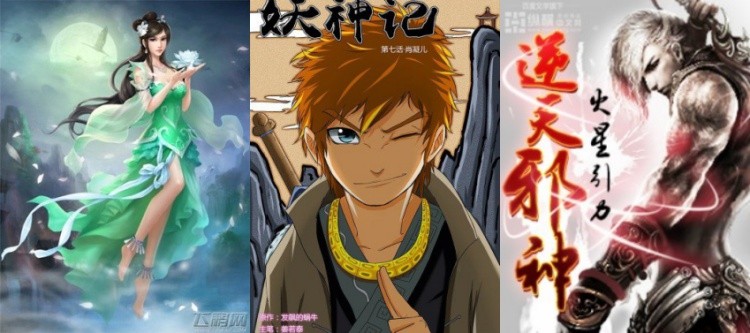
It is also common in combat scenes for the protagonist – or the enemy – to announce his powerful blow. The famous screams that seem to leverage the force of the blow make the scenes more exciting - however, very common and predictable for the most experienced.
Allied to the screaming blows, there is always the character who eats non-stop. It seems that your stomach is just a hole that leads to another dimension.
Now, speaking of the protagonists in particular, you may have already noticed that they are orphans – most of the time – or their mother passed away when they were children.
Another historical description of the characters is: the mother is dead and the father is a mysterious person who is in some corner of the world, being an opponent along the hero's journey. Or a very powerful ally to defeat the big enemy of the time.
Still on the main character, he will get out of the situation well. He will fall, he will get hit a lot, but he will always get up. He is also very handsome in all plots, whereas the villain is a monster or ugly in appearance.
Finally, a cliché that only encompasses Chinese fictions, the good man is always part of the communist party.
In fact, it's a recurring pattern in Chinese story culture, but it's part of something bigger, it's a political issue. The influence of Chinese communist policy will always be present in literary works. The exaltation of the communist party is part of the policy itself: the exaltation of the homeland and its leader.

